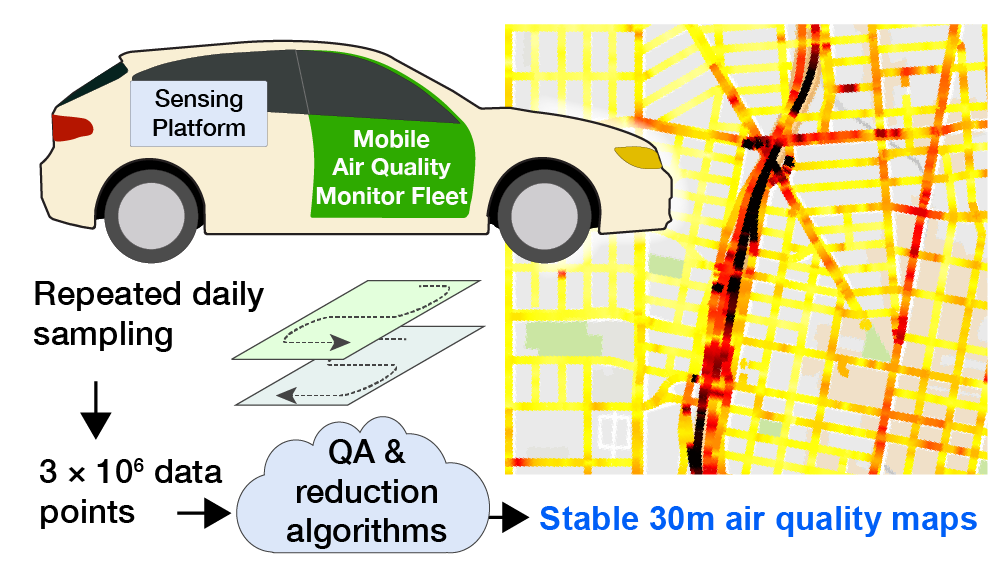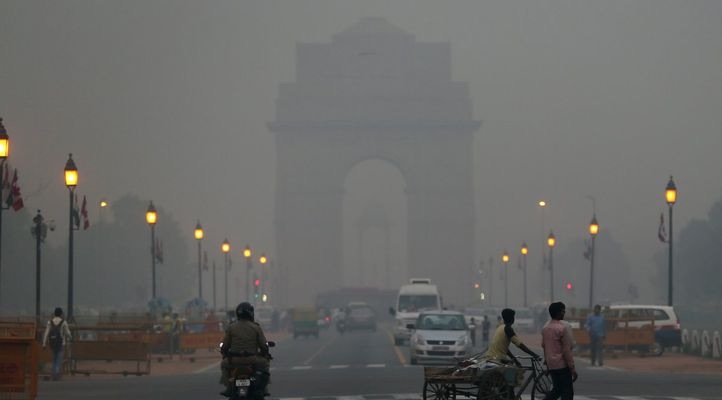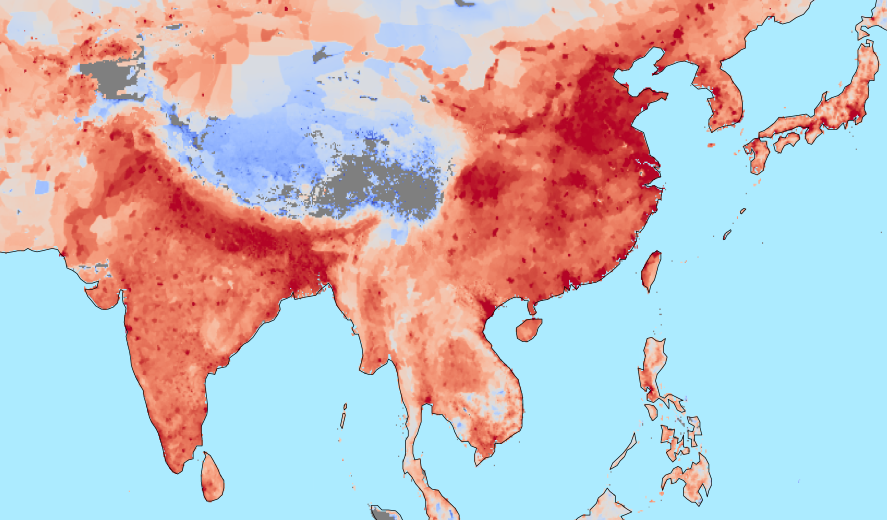Joshua Apte
661 Davis Hall
Please sign up for a single 15 min Zoom appointment.
Fall 2024: Tuesdays 12-1, 661 Davis Hall

Joshua Apte is an Associate Professor of Civil and Environmental Engineering at UC Berkeley. Apte’s research focus is air quality engineering and various techniques for air pollution exposure assessment. His research group uses field measurements, mathematical models, and analyses of large datasets to address policy-relevant air pollution challenges related to energy, infrastructure, climate change, and human health. Much of his research is motivated by a desire to identify technologies, policies, and strategies for improving the environmental sustainability of cities and the built environment and to reduce inequities in exposure to environmental contaminants in low-resource communities in the US and around the world.
ScB, Environmental Science, Brown University, 2004
M.S., Energy and Resources, UC Berkeley, 2008
Ph.D., Energy and Resources, UC Berkeley, 2013
ITRI-Rosenfeld Postdoctoral Fellow, Lawrence Berkeley National Lab, 2013-2014
Apte’s research focuses on the relationships between emissions, concentrations, exposure, and health effects to inform more effective strategies to reduce the impacts of built infrastructure on energy, air, climate, and health. His research group uses field and laboratory experiments, statistical and mathematical modeling, and data analysis to help develop the environmental sensing infrastructure of tomorrow and a rich understanding of where air pollution comes from, how it evolves, and who it impacts. Here are a few of the projects Apte is currently working on below:
 | Mapping air pollution with Google Street View cars In partnership with Google, Environmental Defense Fund, and Aclima, Apte’s research group maps urban air quality using specially equipped Google Street View cars. They have developed sampling strategies and data analysis algorithms to convert routine mobile air quality measurements into hyper-local maps of urban air quality at 30-meter resolution. |
 | Outdoor air pollution in South Asia Particle air pollution in South Asia - especially across the Indo-Gangetic basin in Northern India, Pakistan, Nepal, and Bangladesh - ranks among the most severe in the world. However, fundamental aspects of our understanding of particle air pollution in India are incomplete. Apte’s research group is investigating the emissions and physiochemical processes that affect PM concentrations and composition to help inform effective policies to reduce exposures and improve public health, with several studies focused on Delhi and Bangalore. |
 | Global health benefits of cleaner air Ambient particulate matter (PM2.5) is a major global risk factor for ill health and death. Apte’s research investigates the potential health benefits from improvements in global and regional air quality, addressing this important question: by how much would PM2.5 levels need to improve in order to substantially reduce mortality impacts? The scale of this challenge is strongly affected by the nonlinear relationship between air pollution and mortality. |
Spotlights
No mentions in Spotlights
Student Updates
No mentions in Student Updates


